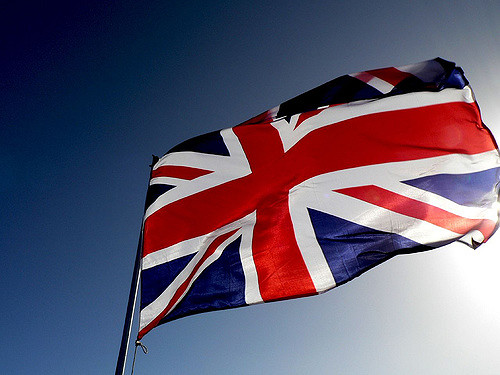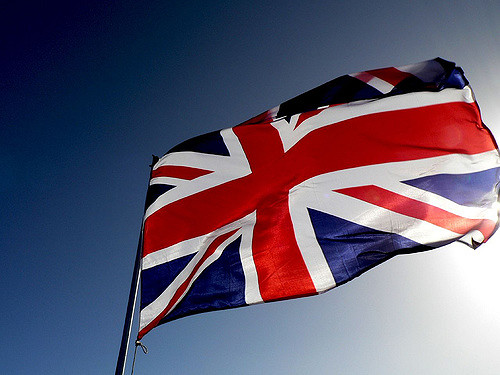
LaertesCTB
In 1928, Prime Minister and Finance Minister Stanley Baldwin asked rich people to help the government pay off its debt, which grew very much during the First World War. An anonymous donor provided 500,000 pounds, provided that they will be used only to fully repay the entire debt. At that time, it was £ 7.6 billion, so the allocated amount was placed in the National Fund trust and was reinvested in anticipation of when enough money would be available to fulfill the donor's condition.
For 90 years, the amount of money in the fund has increased to 400 million pounds (an increase of 79,900%), but public debt grew as well. According to the Office of National Statistics for April 2018, it is 1.78 trillion pounds. According to the calculations of the Prosecutor General's office, the size of the fund never exceeded 0.066% of the aggregate government debt.
Nevertheless, the National Fund is considered one of the largest charitable foundations in the UK. Now it is managed by the trust company Zedra Fiduciary Services, which last year replaced the bank Barclays.
Attorney Wright, in an appeal to the court, asked to unblock the fund and allow the use of money to reduce the national debt. "Almost 90 years ago an anonymous donor bequeathed the money of our nation, and we have not yet used them in the right way," the prosecutor said in a statement. "Together with the Ministry of Finance, Trust and the Charity Commission, we are trying to find a solution that meets the initial goals of the donor in repaying the public debt."
Barclays in 2013 reported that for four years it was trying to get permission to use the fund's money for charitable grants or at least return them to the Ministry of Finance.
A contribution of 500,000 pounds was far from the only one that the British made after the Baldwin call, but only with this unusual conditions of using the funds. Meanwhile, although the nominal debt of Great Britain has increased over the past 90 years, the government's debt burden, taking into account the economic growth, has decreased. In 1928, the ratio of national debt to GDP was 165%, and in 2017, almost half less - 88%.
source: ft.com
For 90 years, the amount of money in the fund has increased to 400 million pounds (an increase of 79,900%), but public debt grew as well. According to the Office of National Statistics for April 2018, it is 1.78 trillion pounds. According to the calculations of the Prosecutor General's office, the size of the fund never exceeded 0.066% of the aggregate government debt.
Nevertheless, the National Fund is considered one of the largest charitable foundations in the UK. Now it is managed by the trust company Zedra Fiduciary Services, which last year replaced the bank Barclays.
Attorney Wright, in an appeal to the court, asked to unblock the fund and allow the use of money to reduce the national debt. "Almost 90 years ago an anonymous donor bequeathed the money of our nation, and we have not yet used them in the right way," the prosecutor said in a statement. "Together with the Ministry of Finance, Trust and the Charity Commission, we are trying to find a solution that meets the initial goals of the donor in repaying the public debt."
Barclays in 2013 reported that for four years it was trying to get permission to use the fund's money for charitable grants or at least return them to the Ministry of Finance.
A contribution of 500,000 pounds was far from the only one that the British made after the Baldwin call, but only with this unusual conditions of using the funds. Meanwhile, although the nominal debt of Great Britain has increased over the past 90 years, the government's debt burden, taking into account the economic growth, has decreased. In 1928, the ratio of national debt to GDP was 165%, and in 2017, almost half less - 88%.
source: ft.com





